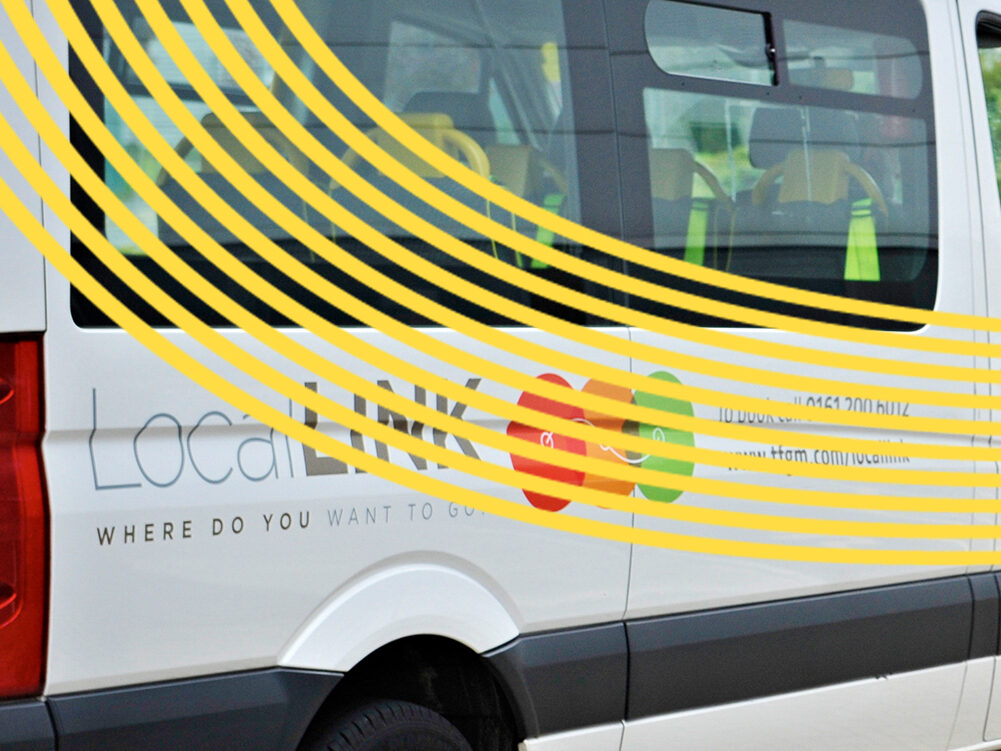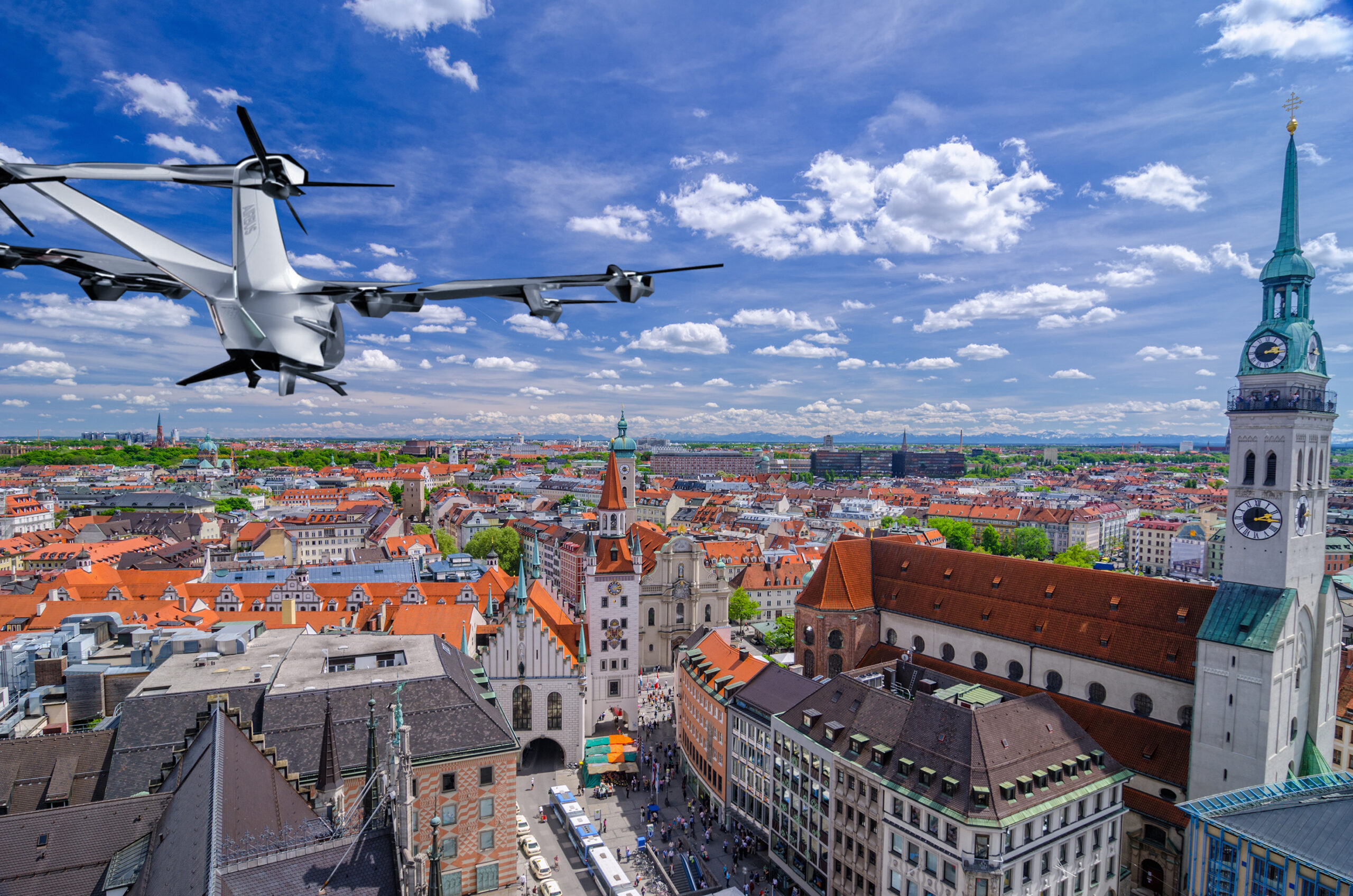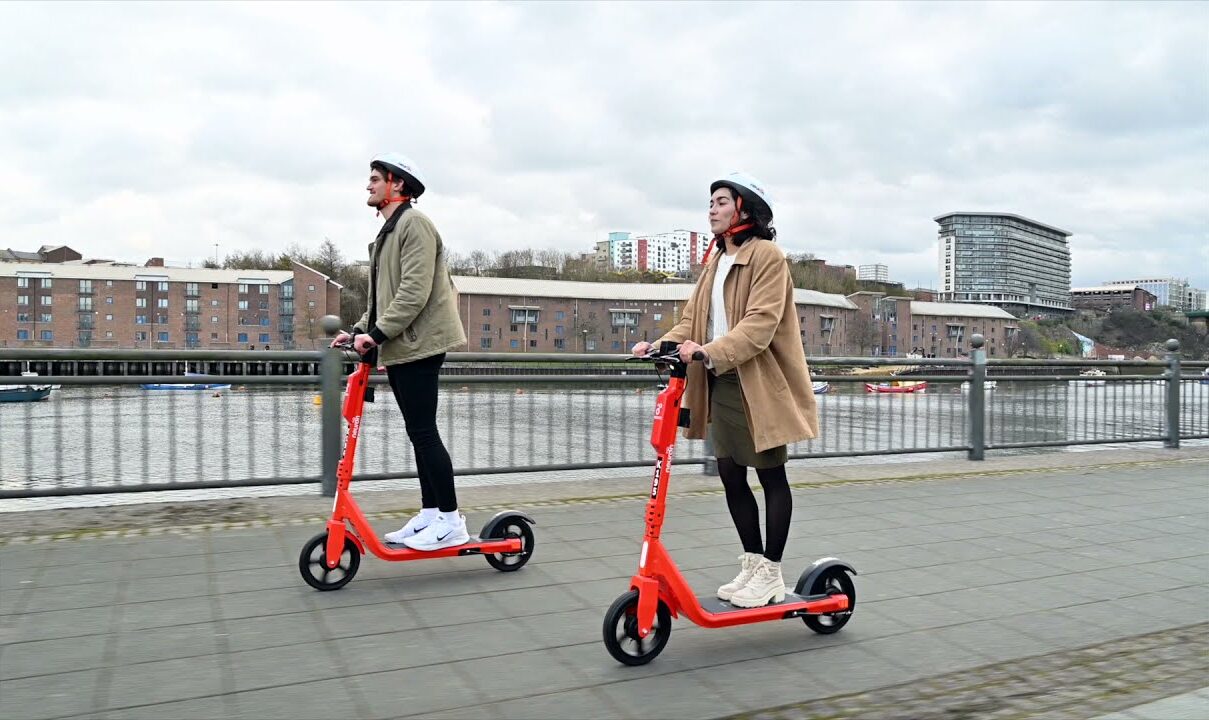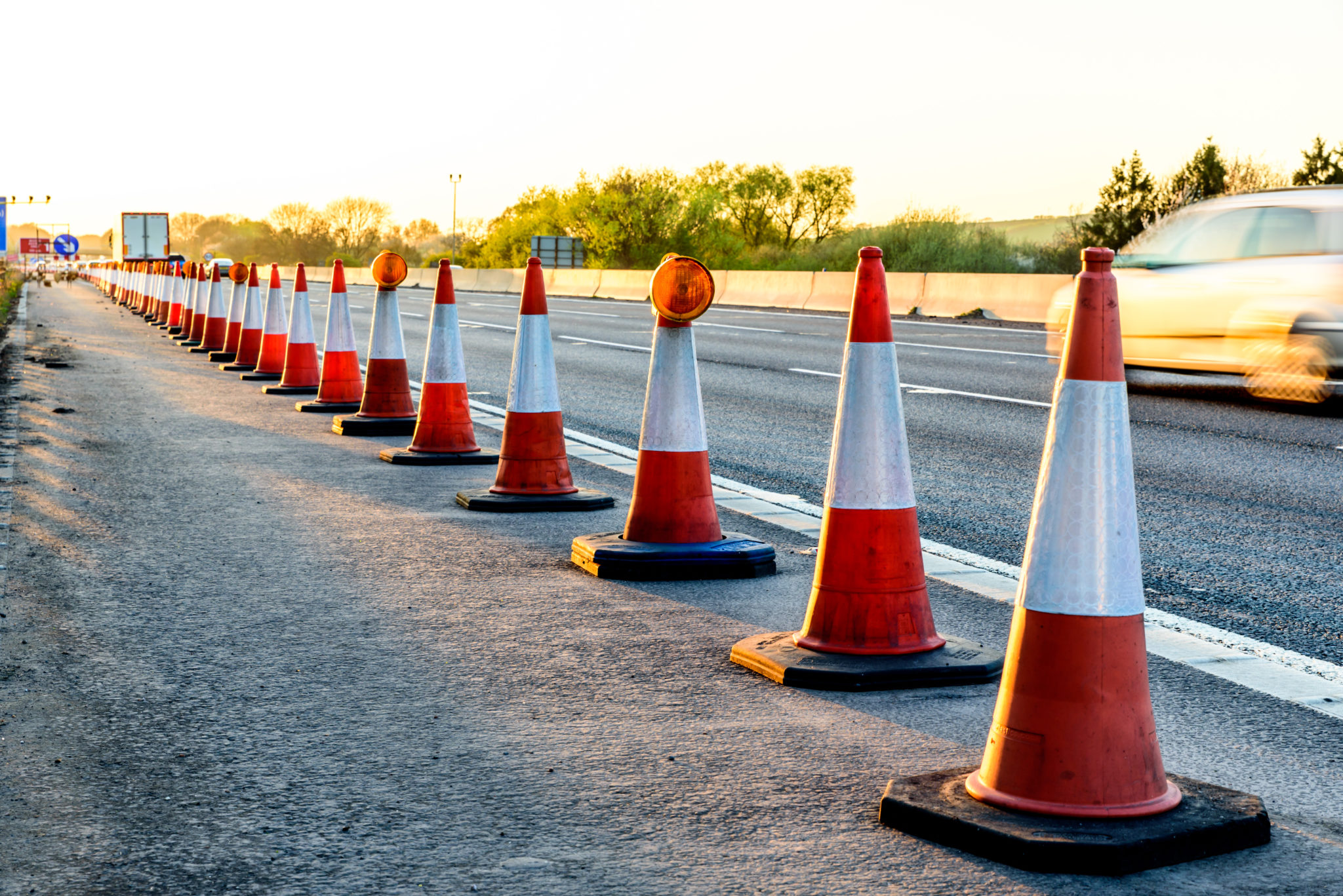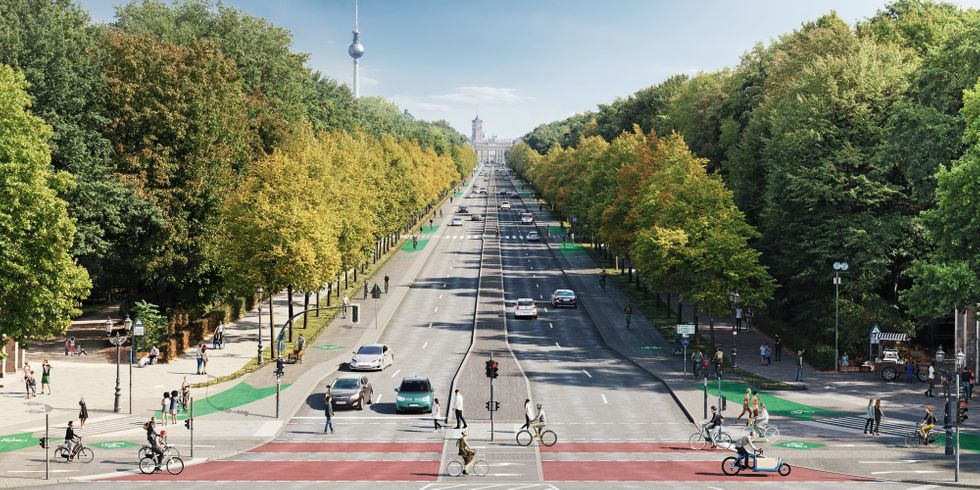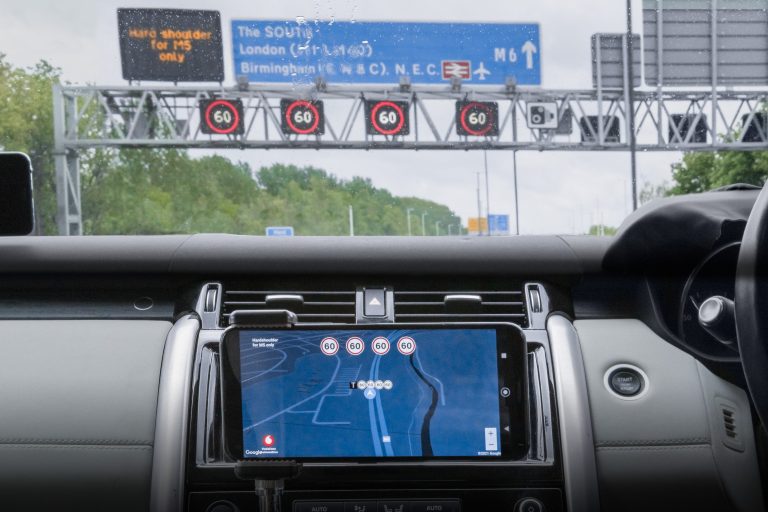Ford is trialling geofencing technology that automatically reduces the speed of connected vehicles to help make roads safer.
The geofencing technology is being tested with two electric Ford E-Transit vans in Cologne, Germany, where researchers are analysing the impact of automatic speed limiting on traffic flow and accident risk. Testing is taking place over 12 months in all 30 kilometre per hour zones in the centre of Cologne, as well as in selected 50 kilometres per hour and 30 kilometres per hour zones elsewhere in the city.
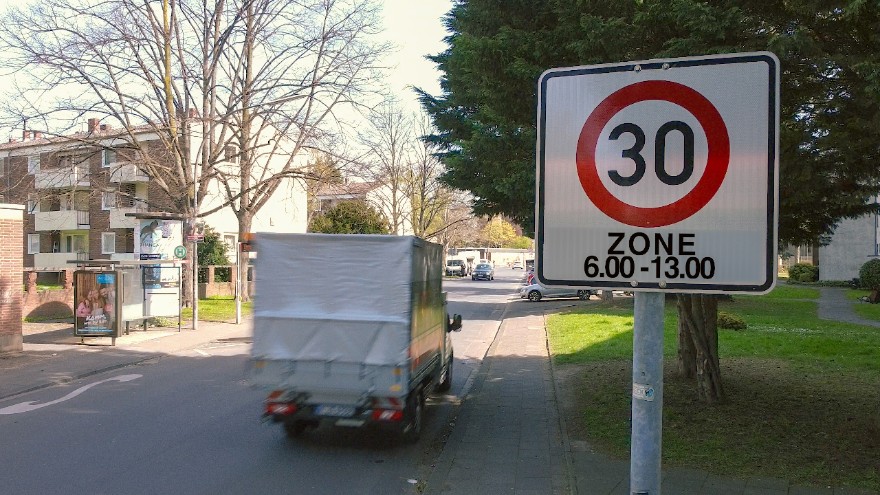
Michael Huynh, Manager, City Engagement Germany, Ford of Europe, said:Connected vehicle technology has the proven potential to help make everyday driving easier and safer to benefit everyone, not just the person behind the wheel. Geofencing can ensure speeds are reduced where – and even when – necessary to help improve safety and create a more pleasant environment.
The technology can automatically reduce a vehicle’s speed in line with the geofenced zone. In the future, Ford’s Geofencing Speed Limit Control system could also allow drivers to set their own geofencing zones, such as at depots and private facilities.
Dr. Bert Schröer, Head of Vehicle Technology and Mobility, AWB, a waste disposal company involved in the trial, said:Our drivers should benefit from the latest technical support, including geofencing based assistant systems that enable them to keep to the speed limits and fully concentrate on the road.
Enforcing 30 kilometres per hour speed limits is considered one of the key measures to reduce risks for pedestrians and cyclists in urban areas. Although driver assistance technologies such as Ford’s Intelligent Speed Assist and Adaptive Cruise Control already help prevent drivers from exceeding speed limits, a geofencing speed limit control system is potentially more flexible and effective than these on-board systems.




